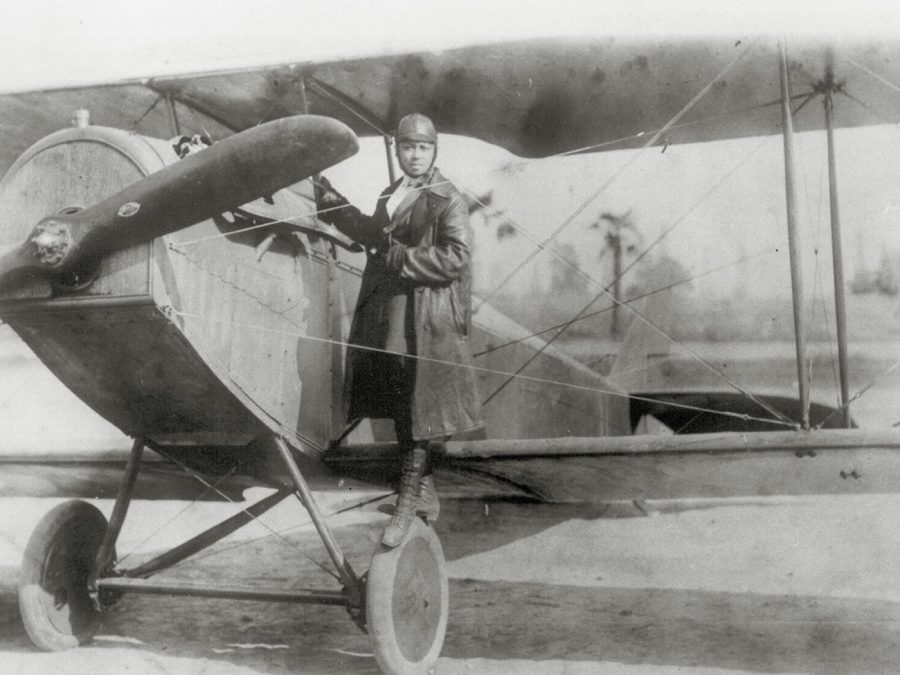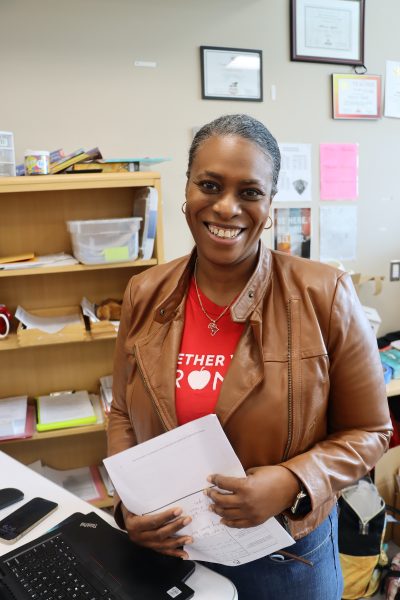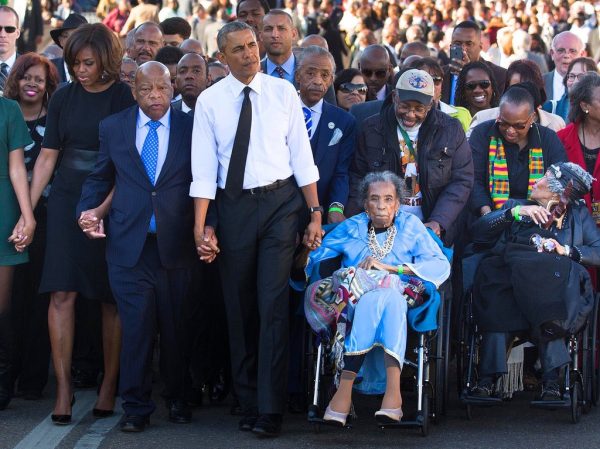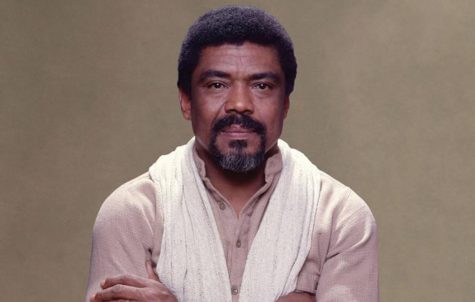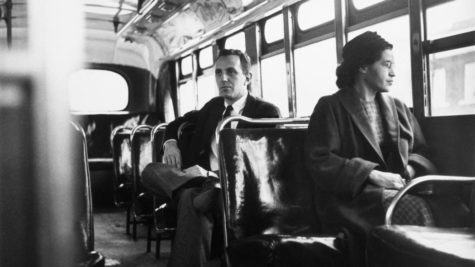Bessie Coleman
In honor of Black History Month, every school day The Cardinal will feature a prominent and historical Black American, living or dead, who has worked toward change, advancement, and/or world peace. Some of them are heroes, and some are unsung heroes, who deserve recognition, and have made a contribution to society.
February 24, 2023
It’s important that prominent Black figures are honored. Bessie Coleman was born on January 26, 1892, and was the first African-American woman to hold a pilot license. In the early 1900-39 racism and racial prejudice were still occuring unlike our current times, Bessie proved that it was possible to overcome the gender norms and people can achieve their dreams.
Born to a family of sharecroppers in Texas, Coleman worked in the cotton fields at a young age while also studying in a small segregated school. She attended one term of college at Langston University. Coleman developed an early interest in flying, but African Americans, and especially women, had no flight training opportunities in the United States, so she saved and obtained sponsorships in Chicago to go to France for flight school.
She changed the Black community by exemplifying the potential of the Black community who believed that they were limited of opportunities by the oppression they faced simply because of their skin color. She made such a big difference in history by proving Black women can also be in a difficult work force just like men. As well as her skin color didn’t interfere with her goals, being a pilot isn’t easy but she beat the society expectations of what women should be doing.
Coleman then became a high-profile pilot in notoriously dangerous air shows in the United States. She was popularly known as Queen Bess and Brave Bessie. She hoped to start a school for African-American fliers. Coleman died in a plane crash in 1926. Her pioneering role was an inspiration to early pilots and to the African-American and Native American communities. She created such a huge legacy for the Black community, and she shall be remembered.

